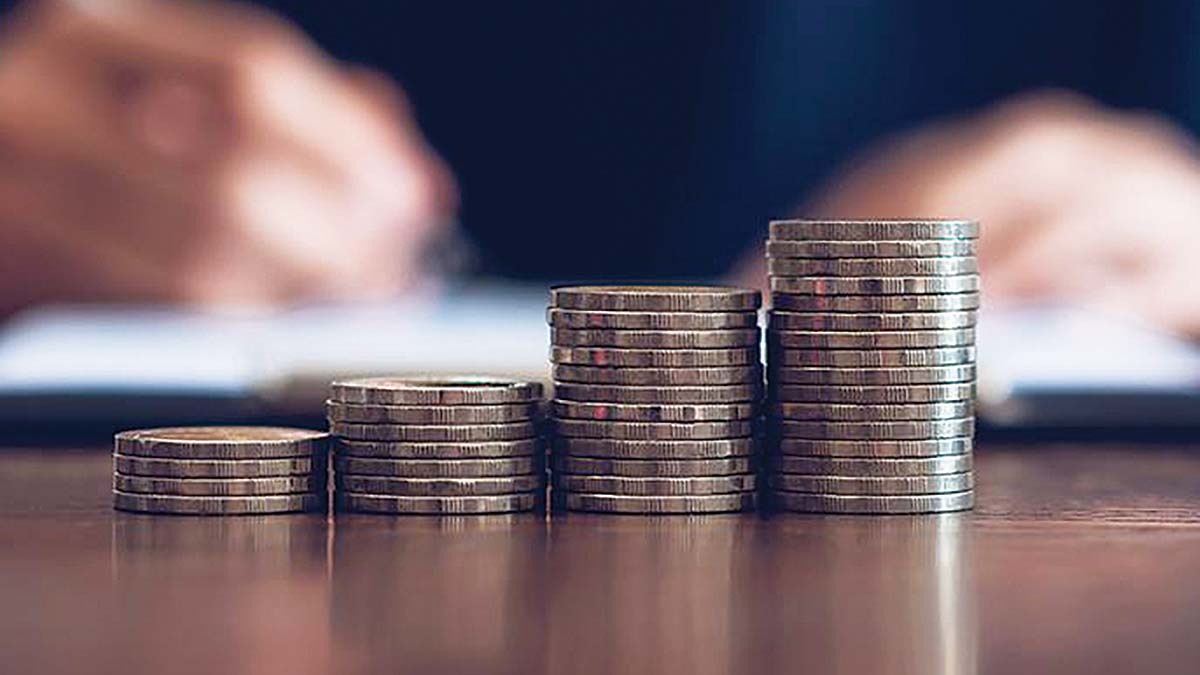BY JOHN ELLIS, FINANCIAL ADVISOR
 AS we head toward the end of another year the cost of back to school and the tax bill that needs to be paid in the next few weeks is front and centre of many of our minds.
AS we head toward the end of another year the cost of back to school and the tax bill that needs to be paid in the next few weeks is front and centre of many of our minds.
Half of the Top 10 worries according to a report by insurance firm Zurich is about money.
These are
- My health – 37%
- The health of my partner, family, friends etc – 32%
- My relationship with my partner, family, and friends – 23%
- How to make my money last until the next time I get money – 19%
- Debts – 17%
- The security of my job – 10%
- Looking after elderly relatives – 10%
- My salary is enough to support me in the long-term – 10%
- If my salary is enough to support me and my dependents in the long-term – 9%
- How to afford a new home – 8%
Don’t let debt consume your life. So how can we deal with financial stress.
Face up to the situation. If it looks like you’re getting into debt, get advice on how to prioritise your debts. When people feel anxious, they sometimes avoid talking to others. Get a snapshot of your financial health. MABS have some very helpful online calculators at https://mabs.ie/tackling-debt/
It may seem simple but to keep track of your finances you need to know where your money is going. Many people don’t keep an accurate account of their outgoings. Look for recurring monthly costs like memberships or magazine subscriptions that you don’t need or use anymore. How much are you spending on bank fees? Can you change that? Are your savings earning you even a modicum of interest? It pays to be informed.
Change service providers – research has shown many are missing out on savings of over €2,000 a year by failing to shop around for better value on their household bills, including their bank. You can save substantial amounts of money by shopping around for your service providers or what bank you will do business with. There is really no excuse when sites like bonkers.ie make it easy for you to compare, and banks are making it simpler to switch.
Go paperless – Electronic/online bills save companies money compared to sending out paper bills every month, so as an incentive for you to go paperless they discount their rates. It might only be a few Euro a month but every little helps. And you’re saving on your recycling bill and dealing with piles of unnecessary paperwork.
Pay off small debts first – researchers find that consumers who use “the snowball approach” to tackle small balances first are likelier to eliminate their overall debt. So rather than chipping away at a big bill try to get rid of your little debts first.
Finally, make little changes – little changes add up to big savings., giving up take-away coffees will save you at least €3 a day. Walking to lose weight is free, as opposed to forking out for a pricey gym membership. Why not try a “zero spend day” once in a while to see if you can go an entire 24-hours without having to tap. john@ellisfinancial. 0868362633

















